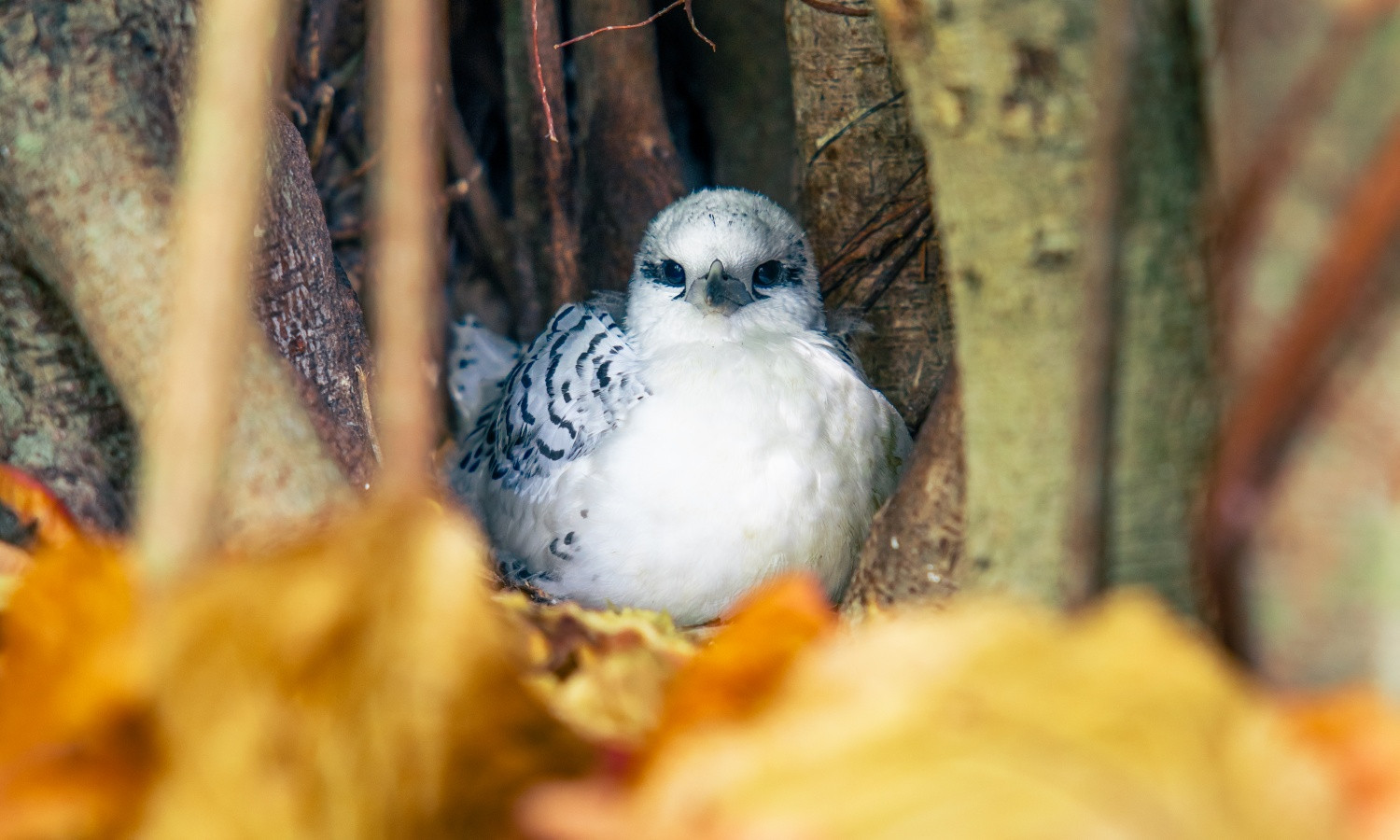

Conservation Success: Kuredu Island’s Thriving Tropicbird Colony
Sunday 22nd of September 2024
A recent study from the University of Auckland has identified Kuredu Island Resort and Spa as the largest known breeding colony for White-Tailed Tropicbirds, locally known as Dhandifulhu Dhooni, in the Maldives. This discovery underscores the essential role that seabirds play in sustaining the health of atoll ecosystems, particularly coral reefs.
Seabirds, along with sharks, rays, and sea turtles, contribute significantly to the ecological balance of atolls. Research shows that coral reefs surrounding islands with nesting seabirds are generally healthier, more diverse, and more resilient to climate change. Kuredu, renowned for its stunning environment and conservation efforts, has become a crucial sanctuary for these remarkable birds.
Dr. Sebastian Steibl from the University of Auckland’s School of Biological Sciences noted that Kuredu serves as a safe haven for seabirds, with over 800 nesting White-Tailed Tropicbirds highlighting its importance as a refuge. The resort’s commitment to conservation and the respectful coexistence of guests and staff have fostered the thriving population of these birds.
Kuredu is not only the largest tropicbird nesting site in the Maldives but also one of the largest globally. The island provides protection for these birds from various threats, allowing them to nest undisturbed in natural forest areas.
Kuredu Island’s significance extends beyond its own shores. The success of its tropicbird colony offers hope for rewilding other Maldivian atolls and reinforces the vital connection between islands and coral reefs. Mohamed Solah, Chief Operating Officer at Crown and Champa Resorts, expressed hope that Kuredu's conservation achievements will inspire similar initiatives across the Maldives.
As Kuredu continues to promote environmental stewardship, its status as a leading breeding site for tropicbirds serves as a powerful reminder of the impact of collective conservation efforts on global biodiversity.